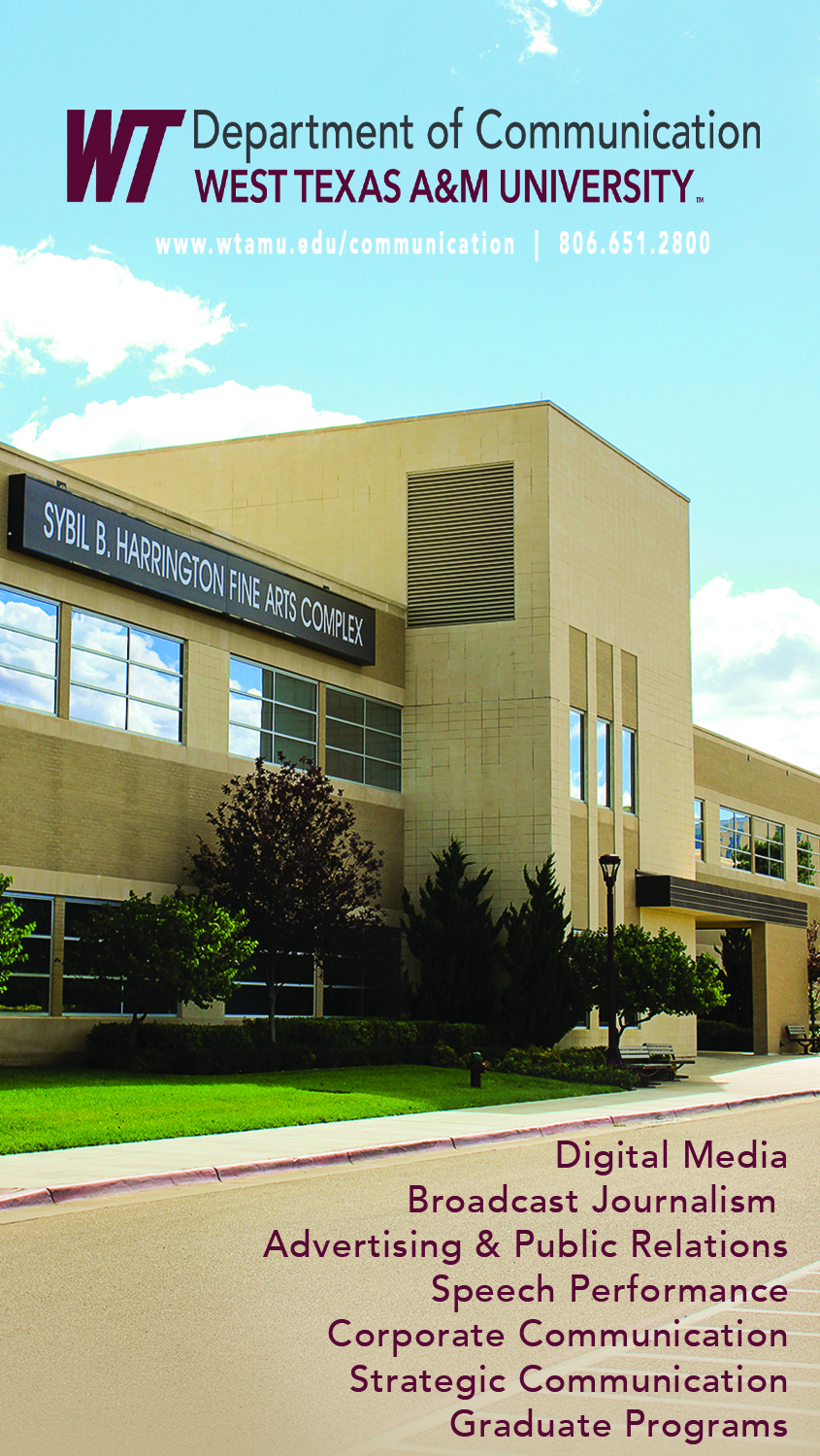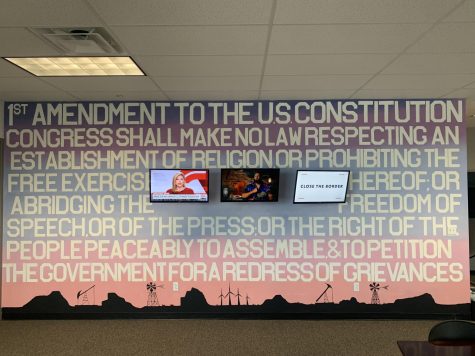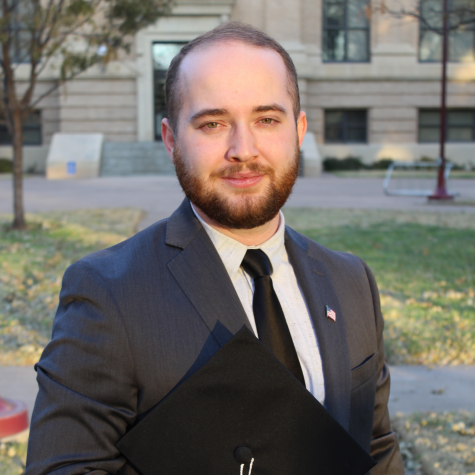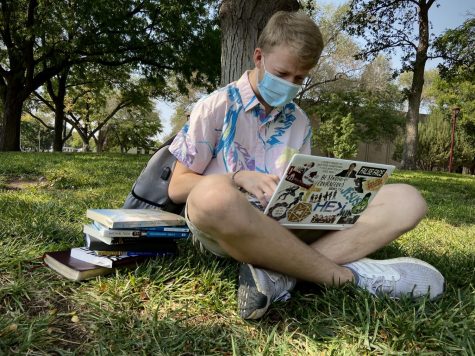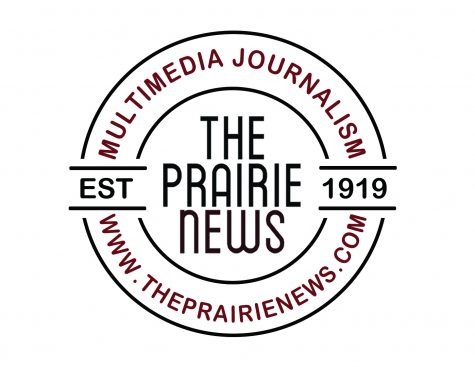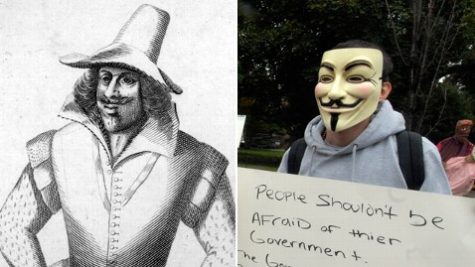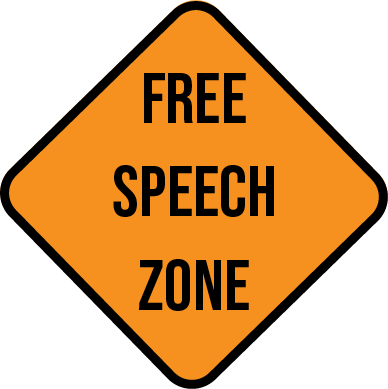Journalism ethics is difficult territory
October 2, 2012
Fox News landed in hot water Friday afternoon during the airing of ‘Studio B with Shepard Smith.’ The program was airing a live car chase out of Phoenix, which showed the car suspect shoot himself after exiting his car. Most networks set up a five to 10-second delay for live coverage in case violence occurs. ‘Studio B’s’ control room could not cut away from the coverage in time.
This isn’t an argument about CNN versus Fox News versus MSNBC or liberal versus conservative media. The main issue here is the journalism ethics that was violated, whether or not it was intentional.
It may seem laughable to some that journalism has a code of ethics given some of the tabloid fodder and punditry that circulates, but it’s true. Journalism ethics is so fluid and it changes as technology becomes more advanced. Some things always hold true: Don’t set up a fake shot for video or photos. Don’t plagiarize another’s work. Don’t show dead bodies.
If you ever look back at footage of violence on TV news, notice that you hear gunshots, but never see a body fall. News organizations have to make tough calls quickly on a daily basis. We constantly walk the tightrope of “right to know” versus “need to know” when it comes to tough stories. Unfortunately, we don’t always make the right choice.
BuzzFeed, a social news organization that specifically covers what citizens are talking about, posted the edited and unedited clip of the incident. BuzzFeed is also taking some heat for having both clips available to their audience.
To Fox News’ credit, after the commercial break, Smith immediately apologized to the audience and explained what happened.
A mark of a good news organization is one that is willing to own up to its own mistakes. The New York Times does it. The Wall Street Journal does it. The Prairie even does it.
Some are questioning why Fox News aired a car chase in the first place (and to a lesser extent, BuzzFeed). Was it a slow news day? It’s understandable for local stations to cover it because citizens might get in harm’s way. With a few exceptions (such as O.J. Simpson), car chases do not serve a purpose for the general public, except for entertainment.
As mentioned earlier, news organizations have to make tough decisions about what they show to the public. Is this an issue that can be easily fixed? No. As long as there are humans running the control room and the editorial direction, mistakes happen. That doesn’t mean the public should distrust the media for it. If anything, distrust media organizations that don’t own up to their own mistakes. If they can’t own up to their own shortcomings, it’s fair game to assume they’re hiding other things.



